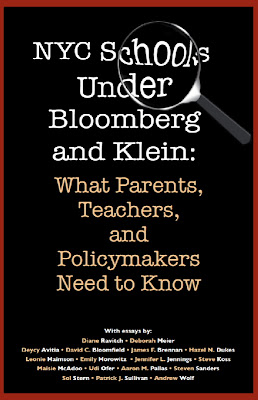"The union representing Los Angeles teachers filed a lawsuit Monday to block the potential hand-over of new campuses to charter schools under the district's groundbreaking and controversial school-reform strategy.
Charter-school advocates defended the plan's legality as did the Los Angeles Unified School District.
The Board of Education approved a resolution in August to turn over 12 long-struggling campuses and 18 new ones to bidders from inside or outside the district, including some charter operators.
The long-anticipated lawsuit contends that under state law a new school can only become a charter if at least 50% of its permanent teachers petition for it.
The union argues a new school must be staffed by district teachers who would then have the option of converting it to a charter. Under the district's plan, a charter could move into a new school and hire its own faculty.
Charters operate independently of local districts and are not bound by some rules that govern traditional schools. Most charters are non-union."
Charter-school advocates defended the plan's legality as did the Los Angeles Unified School District.
The Board of Education approved a resolution in August to turn over 12 long-struggling campuses and 18 new ones to bidders from inside or outside the district, including some charter operators.
The long-anticipated lawsuit contends that under state law a new school can only become a charter if at least 50% of its permanent teachers petition for it.
The union argues a new school must be staffed by district teachers who would then have the option of converting it to a charter. Under the district's plan, a charter could move into a new school and hire its own faculty.
Charters operate independently of local districts and are not bound by some rules that govern traditional schools. Most charters are non-union."


































.jpg)





